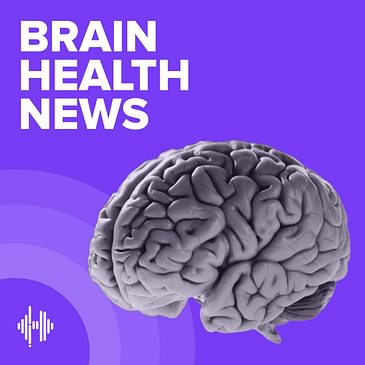In this episode, we feature a recording of a roundtable discussion that was hosted by the Davos Alzheimer’s Collaborative at the World Economic Forum on January 16, 2024. George Vradenburg, Founding Chairman of the Davos Alzheimer’s Collaborative, led a discussion with leaders in government, industry, academic, and global communities to share cutting-edge strategies and innovations for accelerating Brain Health globally.
This episode is a bit longer than many of the others in this series, and it is time well-spent. It is filled with insightful conversations and groundbreaking initiatives aimed at driving down the cost of dementia care, preventing cognitive impairment through lifestyle modifications, and advancing early treatment for Alzheimer's.
From revolutionary vaccine developments to cutting-edge lifestyle interventions, this episode brings you the most up-to-date information on the prevention and treatment of cognitive decline.
This episode was recorded at the World Economic Forum Annual Meeting in Davos Switzerland in January 2024.
The Brain Health News podcast, part of Health UNMUTED, was created by Mission Based Media in association with the Davos Alzheimer’s Collaborative.
00:00 - Introduction
03:20 - The Global Impact of Brain Health
08:15 - Addressing Alzheimer's and Chronic Diseases of Aging
12:40 - Advancements in Alzheimer's Treatment and Prevention
18:10 - Legislative Efforts and Global Initiatives
24:05 - Disease-Modifying Treatment for Alzheimer's
29:30 - Preventing Cognitive Decline
34:45 - Vacuum to Prevent Cognitive Decline
41:00 - Vaccine Development for Alzheimer's
47:20 - Globalizing Solutions for Brain Health
52:10 - Empowering Individuals and Collaboration
56:45 - The Future of Brain Health



